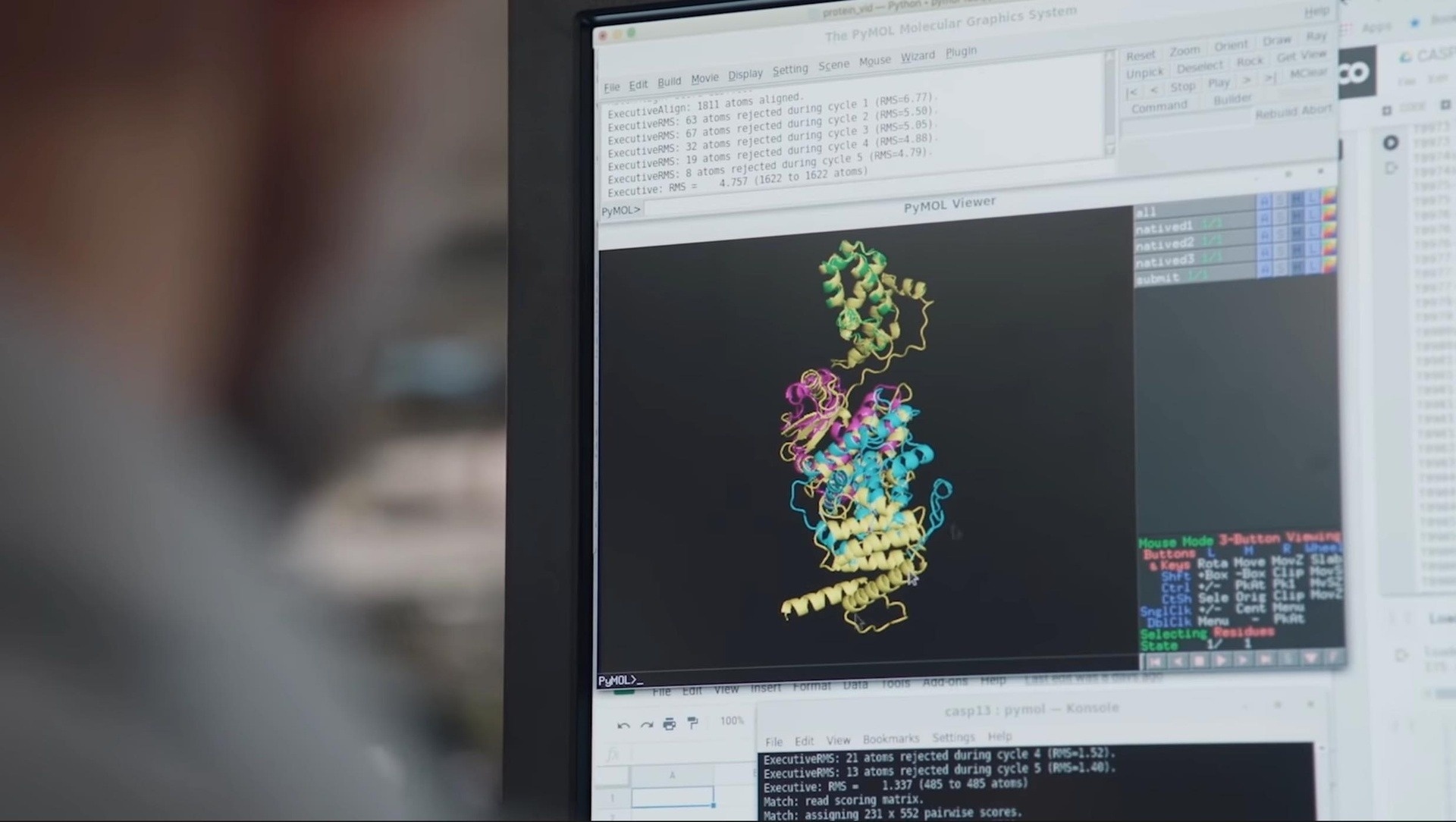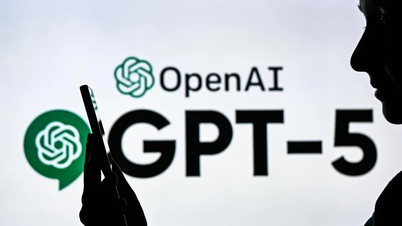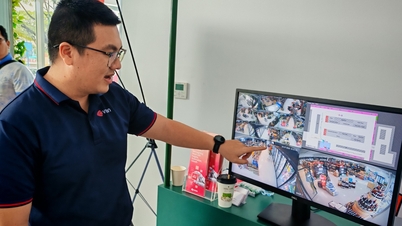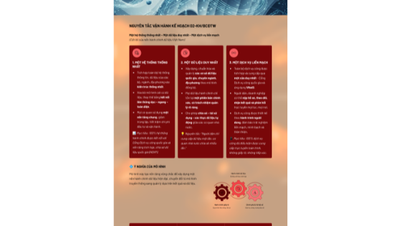For years, medical experts and companies have touted the potential benefits of AI in medicine, from improving imaging to outperforming doctors in diagnosis.
However, a new study has found that within just a few months, doctors who regularly use AI perform significantly worse in diagnosing diseases.
This is the latest study to demonstrate the dangers of users becoming addicted to this technology. An earlier study from the Massachusetts Institute of Technology found that ChatGPT erodes critical thinking skills.
Lack of motivation, poor focus and irresponsibility
Research published in the journal Lancet Gastroenterology and Hepatology found that within six months, clinicians became over-reliant on AI recommendations.
Responding to the survey, these doctors admitted that they themselves became less motivated, less focused, and less responsible when making cognitive decisions without the support of AI.
To demonstrate this, researchers from multiple institutions across Europe conducted an observational study at four endoscopy centers in Poland participating in the AI in Colonoscopy for Cancer Prevention (ACCEPT) program.
As part of the trial, since late 2021, these centers have been using AI tools to detect polyps, tumors that can be benign or cancerous.
The study included 1,443 non-AI-assisted colonoscopies, out of a total of 2,177 performed between September 2021 and March 2022. The colonoscopies were performed by 19 experienced endoscopists.
The researchers then compared the quality of colonoscopies performed three months before and after the AI was implemented. The colonoscopies were randomly assigned to be performed with or without AI assistance.
 |
In just six months, clinicians became overly reliant on AI recommendations. Photo illustration: national_cancer_institute. |
As a result, of the surgeries performed without AI assistance, 795 were performed before AI was routinely used. After AI tools were applied, only 648 surgeries were performed.
Three months before AI was introduced, the adenoma detection rate (ADR) was approximately 28%. Three months after AI was introduced, this rate had dropped to only 22%. ADR is a common quality indicator for colonoscopy. The higher the ADR, the lower the risk of colorectal cancer.
Ultimately, the study found that AI helped endoscopists make better diagnoses when it was used. However, once the assistance from this technology was removed, the clinicians' diagnostic skills immediately deteriorated.
Researchers say this is due to “a natural human tendency to over-rely” on the recommendations of decision support systems like AI.
Marcin Romańczyk, co-author of the study, calls this the Google Maps effect. “We’re trying to get somewhere and we can’t use a regular map. This is the same thing,” Romańczyk says.
A word of warning
Omer Ahmad, a gastroenterologist at University College London Hospital, believes that exposure to AI may have undermined doctors' visual search habits and attention patterns, which are crucial for detecting polyps.
“In essence, relying on AI for detection can overshadow human pattern recognition,” Ahmad said, adding that he worries that frequent use of AI could “undermine diagnostic confidence” without AI assistance.
Other experts are more cautious about drawing conclusions from a single study. Venet Osmani, professor of clinical AI and machine learning at Queen Mary University of London, said the overall number of colonoscopies increased over the course of the study, which could have led to clinician fatigue, leading to lower detection rates.
Meanwhile, Allan Tucker, professor of artificial intelligence at Brunel University of London, noted that with the help of AI, clinician performance has generally improved.
Concerns about doctors' skills being eroded by automation "are not unique to AI systems and are a risk when introducing any new technology," Mr Tucker said.
 |
In just a few seconds, AlphaFold can predict the structure of all the proteins in the human body. This has huge benefits for medical treatment. Photo: DeepMind. |
Currently, about 52% of hospitals globally have implemented AI technology to varying degrees. In the US, about 75% of hospitals are using AI-based solutions to improve operational efficiency and patient care.
The global healthcare AI market size is expected to grow from $28 billion in 2024 to $188 billion by 2030.
This growth comes at a time considered a turning point for the healthcare industry as the aging population trend has a strong impact on people's healthcare needs.
The World Health Organization (WHO) estimates that the world will be short about 10 million doctors, nurses and health workers by 2030. At the same time, the demand for health care services will increase.
At that time, AI will be the solution to help medical facilities around the world overcome challenges and improve the quality and efficiency of medical examination and treatment.
Source: https://znews.vn/ai-khien-bac-si-thieu-trach-nhiem-hon-post1576844.html




![[Photo] General Secretary To Lam received the delegation attending the international conference on Vietnam studies](https://vphoto.vietnam.vn/thumb/1200x675/vietnam/resource/IMAGE/2025/10/26/1761456527874_a1-bnd-5260-7947-jpg.webp)
![[Photo] Nhan Dan Newspaper displays and solicits comments on the Draft Documents of the 14th National Party Congress](https://vphoto.vietnam.vn/thumb/1200x675/vietnam/resource/IMAGE/2025/10/26/1761470328996_ndo_br_bao-long-171-8916-jpg.webp)

![[Photo] Enjoy the Liuyang Fireworks Festival in Hunan, China](https://vphoto.vietnam.vn/thumb/1200x675/vietnam/resource/IMAGE/2025/10/26/1761463428882_ndo_br_02-1-my-1-jpg.webp)


















![[Photo] Prime Minister Pham Minh Chinh attends the opening of the 47th ASEAN Summit](https://vphoto.vietnam.vn/thumb/1200x675/vietnam/resource/IMAGE/2025/10/26/1761452925332_c2a-jpg.webp)
















































































Comment (0)